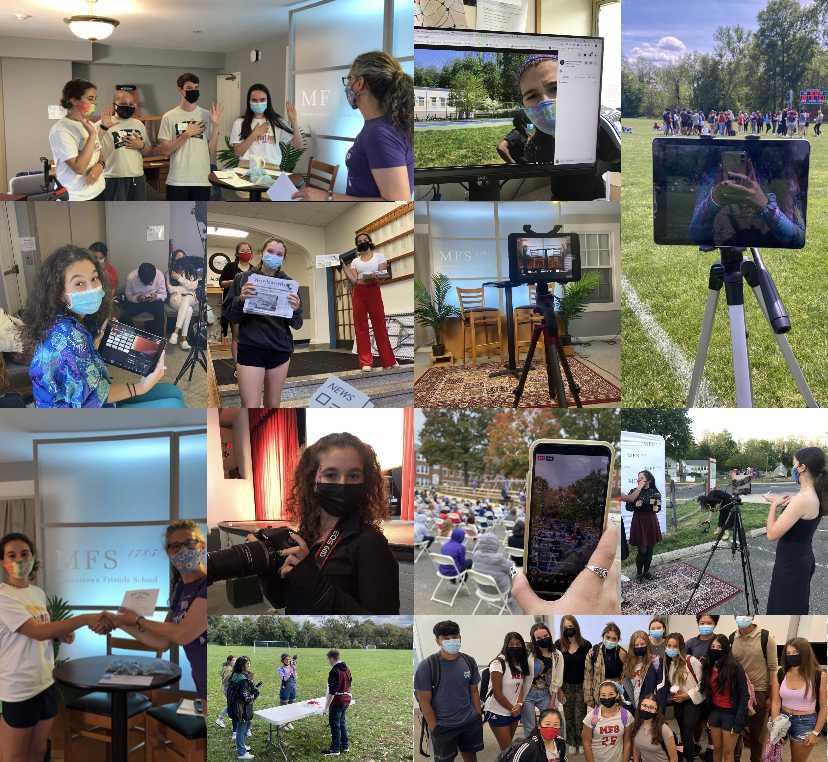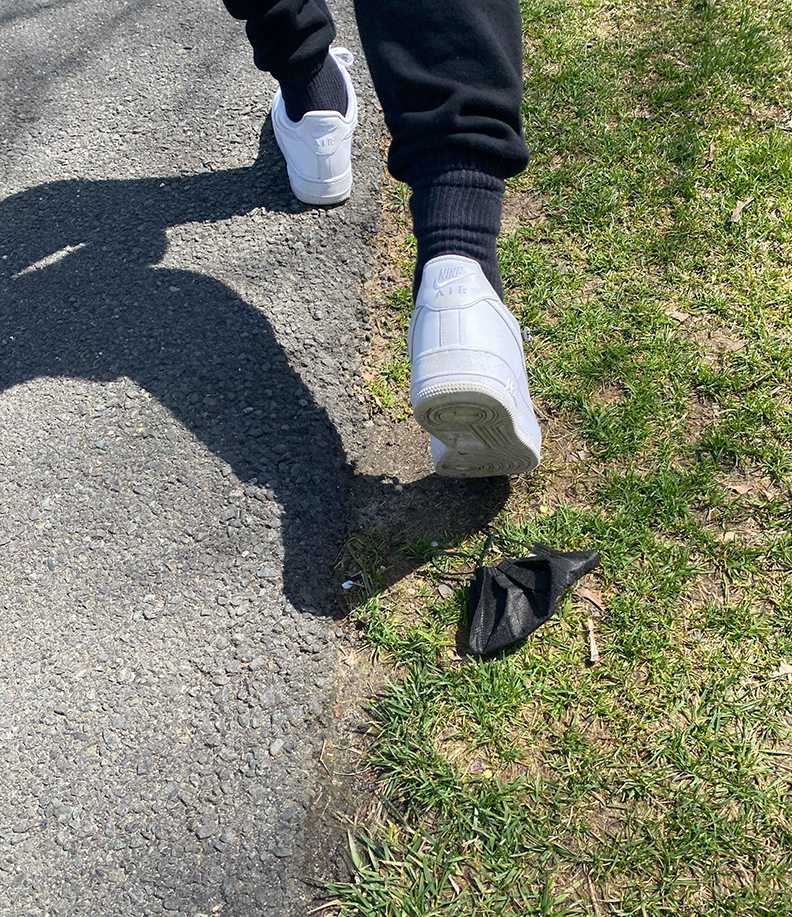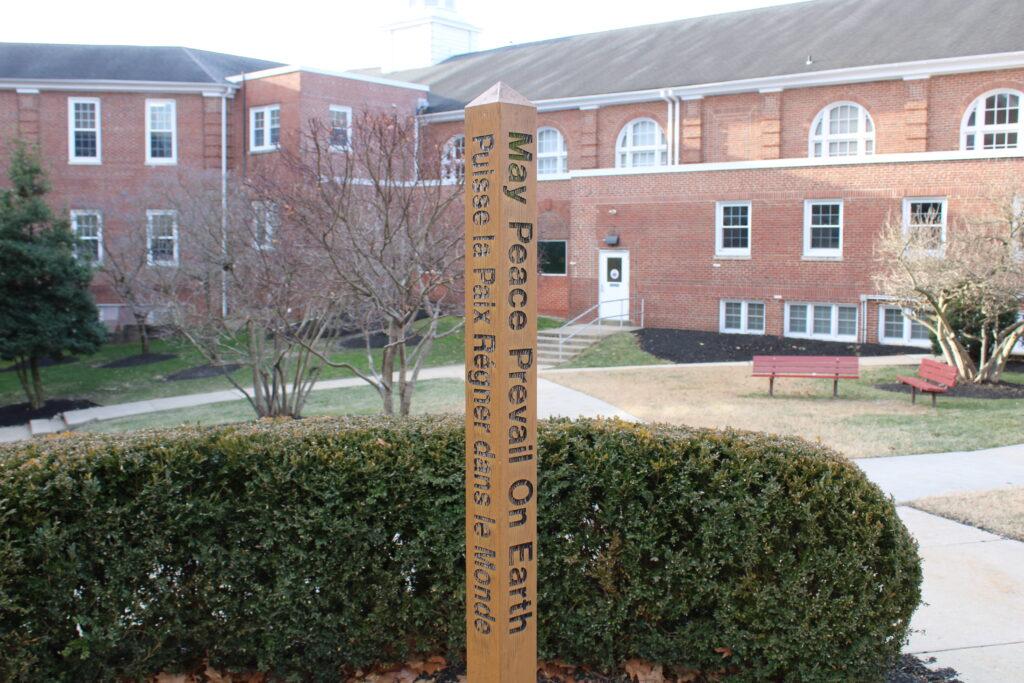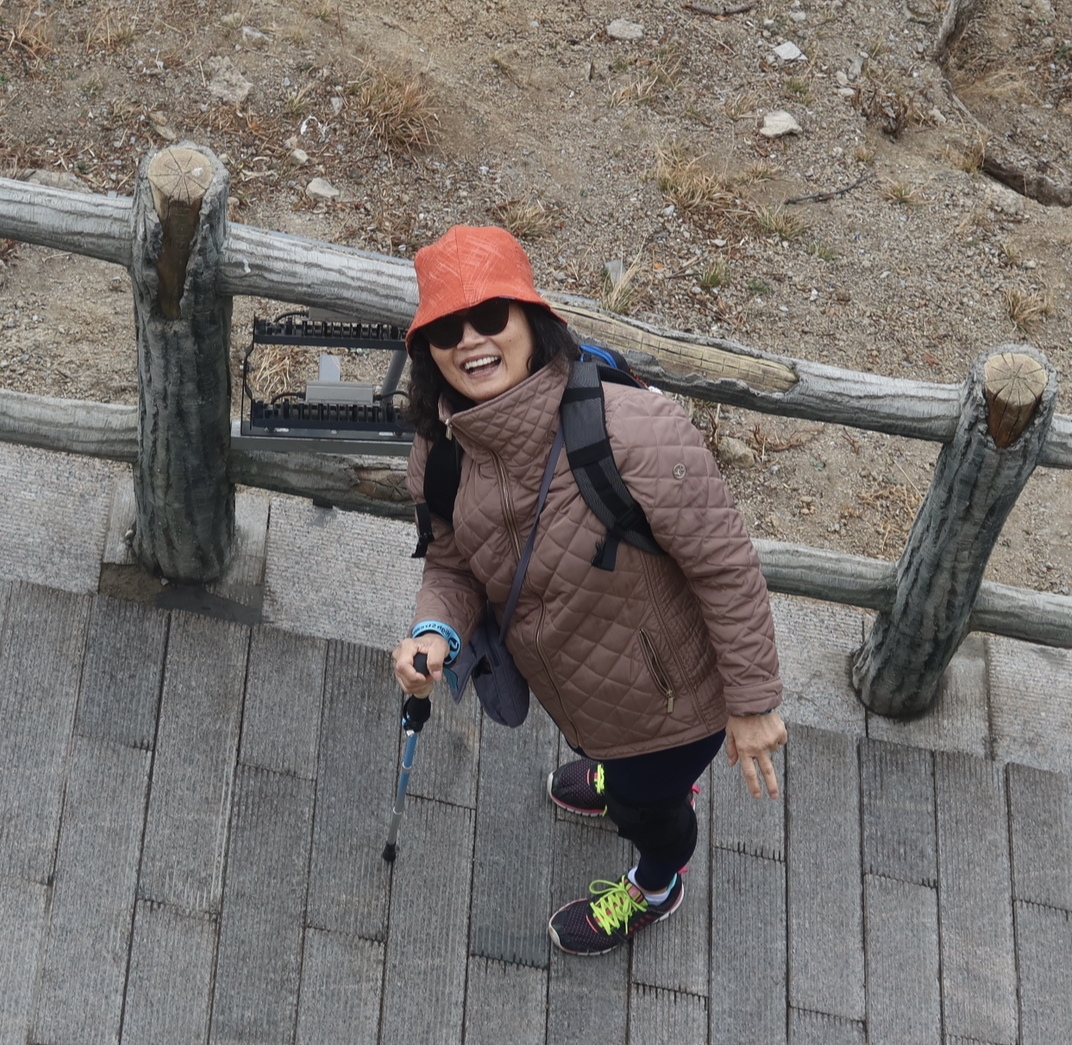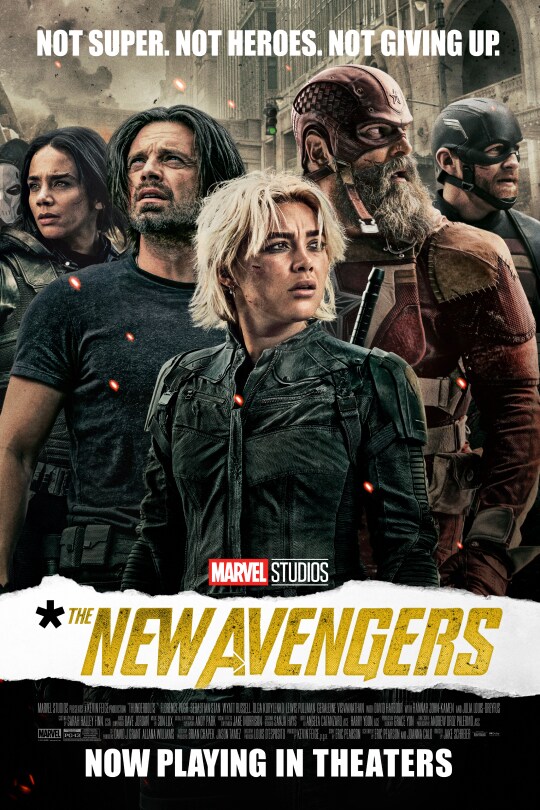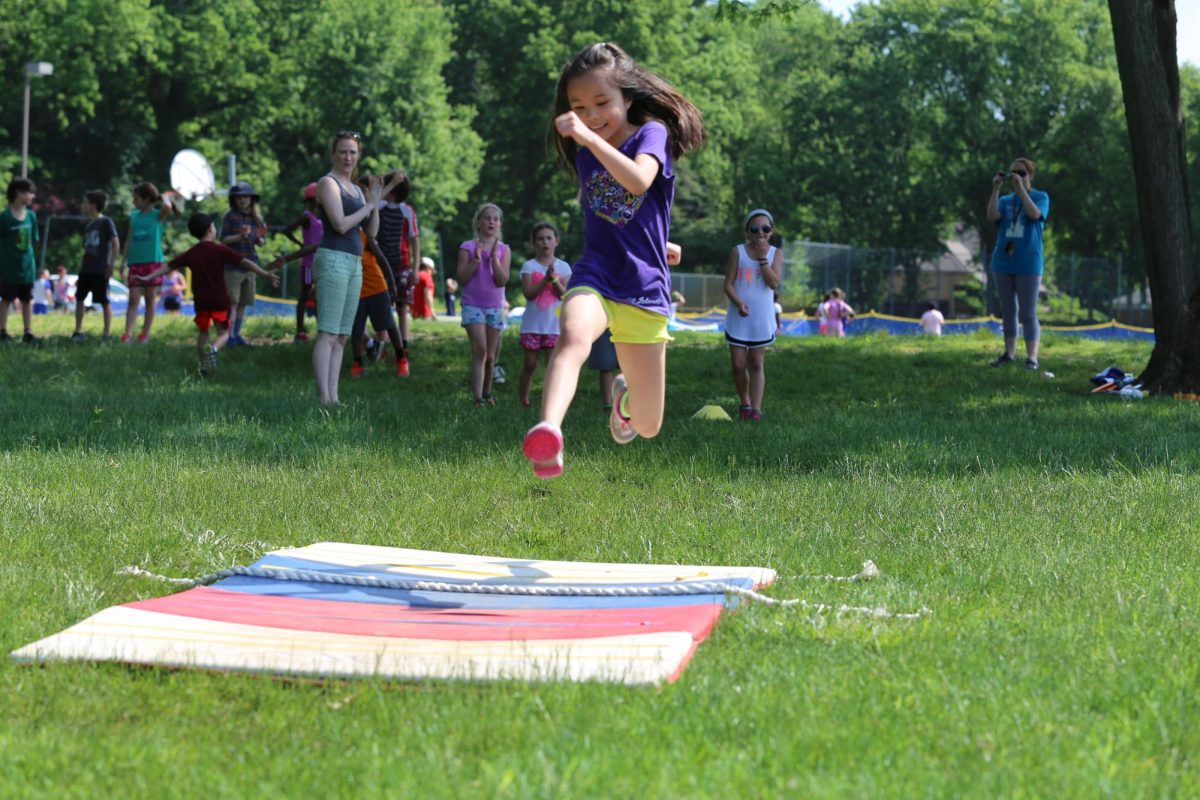
Amid a global pandemic and protests, schools have begun closing their virtual doors as another school year ends. However, as conversations arise regarding online school returning in the fall, WordsWorth’s new Editor-in-Chief, Sam Bitman ’21, and now former Editor-in-Chief, Shelby Deibler ’20, share their thoughts and experiences with online learning.
The Junior Perspective
By Sam Bitman ’21
My eyes are burning, I keep getting headaches, and I’m so exhausted to the point that if I were to sit down I would fall asleep immediately. No, I’m not sick and I don’t have the Coronavirus. I’m suffering from the effects of online school.
Even worse than these physical effects is the stress and anxiety that’s been brought on since online school started. Everyday I’m drowning in work between what I’m getting from my classes, my activities, and the college process.
In all my classes, my workload has practically doubled. I’m still getting the same 1-2 hours of homework I was getting before, but now add in an additional 1-2 hours, if not more, of extra homework that’s being considered “asynchronous class work” to make up for missed class time. This leaves me with zero time for anything else. I constantly find myself with 6-8 assignments a night, whereas I was typically getting 4-5 on average, and I feel like I’m being overworked every night as teachers try to compensate for the lack of class time.
While I understand that my five major classes aren’t meeting everyday now, it’s only adjusted from meeting everyday to every other day, which isn’t as big of a time gap as it’s being made out to be. In the majority of my classes, the amount of work I’m given in between synchronous meeting times feels as if my teachers feel that my classes are meeting once a week instead of every other day. I recognize that teachers feel they need to give us some extra work in between classes to mimic the missed time, however I feel that it’s being taken to an extreme at times.
In addition to my five major classes increasing their workload, I’ve found that I’m getting more work than usual from my minor classes. Sometimes I’m getting work in minors that I wouldn’t even necessarily have gotten had we still been in person.
The amount of time I spend doing asynchronous work has also taken away from time dedicated to activities or work outside of my classes. For example, I’m a part of WordsWorth, and while the journalism class does have a meeting time on the school’s schedule, that time is for pitching and checking in on stories. The time spent on actually writing stories, such as this one, is during my free time.
As bad as this workload is, the hardest part is the repetition.
Every day seems to work the same: forty-five minute Zoom/Google meet classes from 8:40am-2:10pm, work for activities and the college process from 3:00 to 7:00, dinner at 7:00pm or 8:00pm, back to school work until 12:00am or 1:00am, and repeat.

Oh, and throw in the occasional two or three hours mixed in throughout the day that I get to take a break and FaceTime or play video games with friends, which is the only social interaction I’m getting. Most of my days I end up missing that opportunity to talk with friends because I end up using that time to take a nap so I can be more awake for the second round of work for the day.
Did I mention that all of that is online in some way? Hence the irritable eyes and all the headaches.
Online school has caused my stress and anxiety levels to get so out of hand that just a few weeks ago my parents forced me to take a personal day and email my teachers telling them I wasn’t going to be at class because, “I’ve been feeling extremely overwhelmed by all of the online school work and other work I’m getting from the activities I’m involved in.”
The worst part? I didn’t even really take a personal day. I still went to my English class because I couldn’t afford to miss it, and the rest of my day was spent working on applications for summer programs, which, sidenote, also moved online. That caused me to scramble to find time to complete those applications before the deadlines because of the constant influx of school work. And I still had a solid couple hours of homework to do that night.
Now as I say all of this, keep in mind that I’m just one junior at a private school in New Jersey. Every single kid is experiencing this differently across the country.
In fact, my two brothers and I are all in different school systems and are all experiencing online school in completely different ways. For my one brother who’s in eighth grade, he rarely has Zoom/Google Meet calls for class, and he has a lot more free time to play video games with friends or go outside and shoot some hoops in the driveway, whereas my other brother who’s in fourth grade is on more calls than I am.
Don’t get me wrong, online school isn’t just all negative. Probably the best thing to come from all this is that my commute to school has changed from an hour bus drive to a walk from my bed to my desk. Also, my teachers have been very understanding of the stress that online school has caused and have been there to support me in every way possible.
At the end of the day, there’s not a right and a wrong answer to handling online school. This is new to all of us and no one saw it coming. I commend the teachers and staff that have worked extremely hard to make the quick shift online and do it with minimal errors. However, with this crazy ride of a school year finally over, I think it’s safe to say that there are two clear extremes to going about online learning, and somewhere there is a middle ground. And with talks of online school potentially being implemented in the fall, for the sake of my senior year, we need to find that middle ground.
The Senior Perspective
By Shelby Deibler ’20
Uncertainty. That’s the only thing certain about these very strange times we are living in. A global health crisis, a crumbling economic system, an unveiling of systematic inequalities that were once swept under the rug. This is the world we are all living in–– now, I ask you to imagine being a high school student on top of that.
This being my senior year, school was oftentimes the only thing that was certain in my world.
There’s so much uncertainty and stress that’s associated with doing school in a strange setting, but also the what ifs. What if I or my family gets Coronavirus badly? What if my parents lose their jobs? What if I can’t finish my project because I have to take care of my mom who’s infected? What if I have to drive my parents to the hospital and never see them again because I can’t go inside? What if I can’t have graduation? What if I get sick?
All of these scenarios are made up to an extent, but they are all real worries we all are facing right now. It’s not like we can go to school to escape these worries anymore, as we’re all forced to work on school and deal with these emotions in real time at our homes.
Have you ever taken an online class? How about 6 at once? When you were a teenager? With spotty wi-fi? And Schoology crashing? And needing to share a device with siblings? While trapped at home?Filled with fear and anxiety?
Yeah, me neither.
Let’s cut these kids some slack.
— Shawn Peck (@ShawnPeck6) April 4, 2020
Online, synchronous learning ignores the very real threat that is knocking on our doors. It is no longer a distant issue, and having an over scheduled day only adds to the everyday stress of a student’s life.
Having a day’s length schedule doesn’t take into consideration that the whole community is in a completely different mindset, trying to navigate this new landscape apart from one another.
In a matter of days, our routines shifted greatly, and in a matter of weeks, our lives were changed forever.
Of course, there were a lot of moving parts going into this transition both at MFS and around the globe. I’m appreciative of those who have made efforts, but I believe it is more important now than ever to prioritize students’ mental health and well-being in this unprecedented time.
It’s hard to find time to connect with friends during virtual class time because it is only that. Class time. In the virtual world, we lose those few moments of social interaction between classes in the hallway or as worksheets are being passed out. Those moments that I now nostalgically cherish.
Virtual school has also been uniquely disorienting. Some teachers have chosen to post things on myMFS, others on Google Calendar, and some on Google Classroom. It’s oftentimes stressful for students to figure out where assignments are posted and where meetings are supposed to be.
I had so much more work to do outside of class than regular school. During the first week of virtual MFS, my friends and I barely communicated because we had so much homework in addition to the asynchronous element of online school. It wasn’t until the beginning of my Senior Project that I was able to have free time for walks or FaceTimes with friends on a regular basis.
Some have suggested that I just not turn in assignments or give up, but I don’t think that’s an effective solution. There must be a way to accommodate the needs of the community, the faculty, and the students.
Students want to be able to keep up with school –– that’s why we attend a school like MFS. We’re resilient students who want to succeed in our academics and our community.
Making a schedule that values and respects the asynchronous time for students and teachers is an important aspect in community health. Let’s be creative and put more trust in our students to take advantage of this time –– off of the computer –– ultimately making a difference in the world and our history.
If I could make one thing clear from recalling my experience in virtual schooling: this is not senioritis. This is anxiety and frustration resulting from a worldwide crisis.
We’re living in this unique, yet turbulent, time as both the future and the history in the making. What’s our story that we will tell our prosperity about this time? What will we tell them we did?
I certainly hope our answers aren’t strictly Zoom calls and Netflix.

